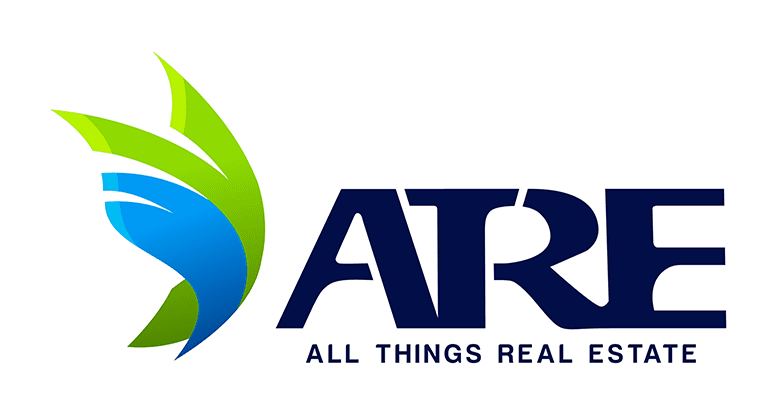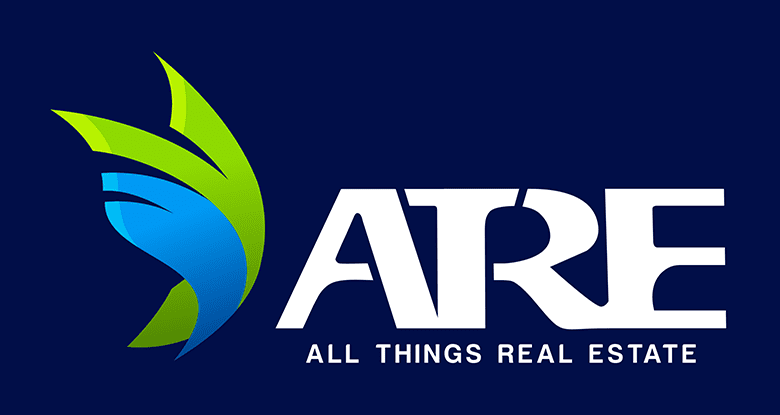What is a 1031 Exchange
Broadly stated, a 1031 exchange (also called a like-kind exchange or a Starker exchange) is a swap of one investment property for another. Most swaps are taxable as sales, although if yours meets the requirements of 1031, you’ll either have no tax or limited tax due at the time of the exchange.
In effect, you can change the form of your investment without (as the IRS sees it) cashing out or recognizing a capital gain. That allows your investment to continue to grow tax-deferred. There’s no limit on how frequently you can do a 1031 exchange. You can roll over the gain from one piece of investment real estate to another and another and another. Although you may have a profit on each swap, you avoid paying tax until you sell for cash many years later. If it works out as planned, you’ll pay only one tax at a long-term capital gains rate (currently 15% or 20%, depending on income—and 0% for some lower-income taxpayers, as of 2022).
To qualify, most exchanges must merely be of like-kind—an enigmatic phrase that doesn’t mean what you think it means. You can exchange an apartment building for raw land or a ranch for a strip mall. The rules are surprisingly liberal. You can even exchange one business for another but there are traps for the unwary.
The 1031 provision is for investment and business property, though the rules can apply to a former principal residence under certain conditions. There are also ways that you can use 1031 for swapping vacation homes—more on that later—but this loophole is much narrower than it used to be.

